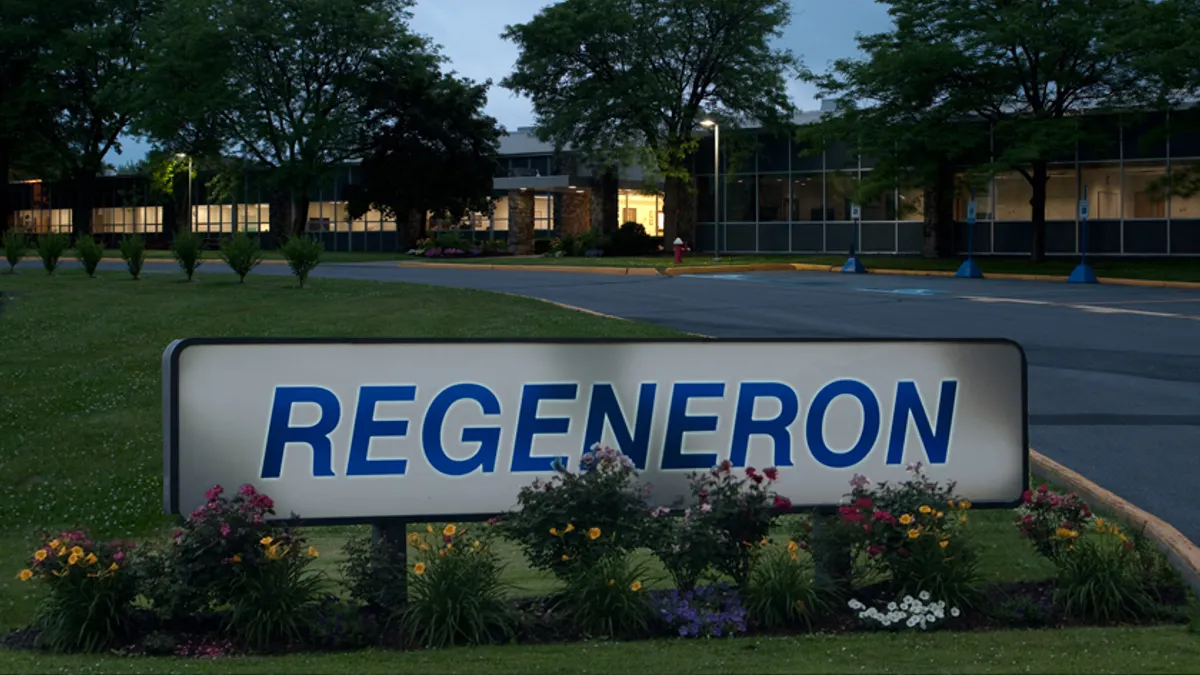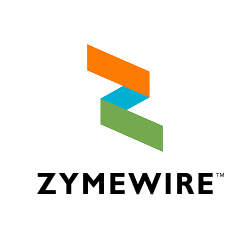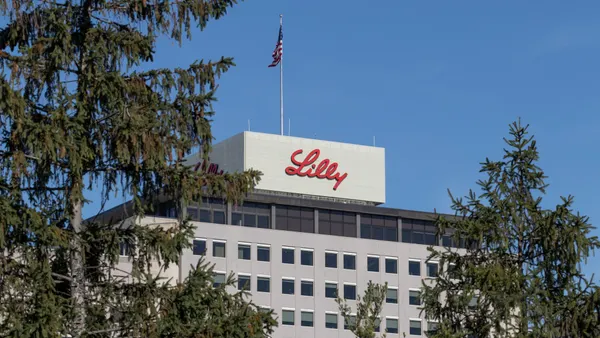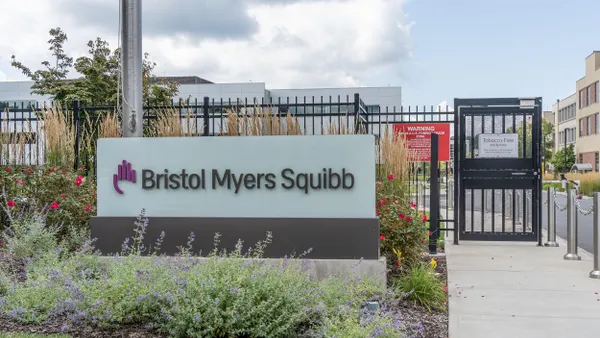Dive Brief:
- An RNA medicine developed by Regeneron Pharmaceuticals and Alnylam Pharmaceuticals helped control symptoms of the chronic autoimmune disease generalized myasthenia gravis in adults enrolled in a late-stage study, Regeneron said Tuesday.
- Regeneron also tested the RNA medicine, called cemdisiran, together with an antibody drug it developed and sells as Veopoz for another disease. However, study results suggested the combination was not as effective as cemdisiran alone.
- Regeneron, which licensed cemdisiran from Alnylam, plans to submit the drug for U.S. approval in myasthenia gravis sometime in the first quarter next year. It is also testing the drug in paroxysmal nocturnal hemoglobinuria and geographic atrophy that is tied to age-related macular degeneration.
Dive Insight:
Regeneron and Alnylam’s collaboration on cemdisiran dates back to 2019, when the two companies struck a broad research alliance. They amended their partnership last year, with Regeneron taking a global license to cemdisiran and responsibility for its continued development.
The drug works by RNA interference, a cellular process Alnylam has successfully co-opted to develop drugs that can shut down production of target proteins. In cemdisiran’s case, the target is a protein known as complement factor 5, or C5, which plays an important role in the body’s immune response.
In people with myasthenia gravis, the body’s normal immune functioning goes awry. Abnormal antibodies activate the signaling cascade of which C5 is a part and inadvertently impede communication between nerves and muscles. The result is debilitating muscular weakness that’s associated with intense tiredness and difficulty speaking, swallowing or moving.
Regeneron’s study, dubbed NIMBLE, tested cemdisiran alone and cemdisiran with the company’s antibody pozelimab in adults with generalized myasthenia gravis who were positive for antibodies against the acetylcholine receptor — a telltale sign of the disease. Treatment was compared to placebo.
Both regimens dramatically reduced complement factor activity: cemdisiran by 74% on average and the combination by nearly 99%.
However, cemdisiran monotherapy showed numerically greater treatment effects at 24 weeks than the combination on two scales used to assess disease severity and its effect on daily life.
“The results of the NIMBLE trial confirm that, in myasthenia gravis, robust efficacy can be achieved without complete complement blockade, whereas in other diseases such as paroxysmal nocturnal hemoglobinuria, complete inhibition is likely to be necessary,” L. Andres Sirulnik, Regeneron’s head of hematology clinical development, said in the company’s statement.
Regeneron noted the placebo-adjusted treatment effect observed for cemdisiran was similar or greater to what currently approved C5-inhibiting drugs showed in clinical testing.
However, David Risinger, an analyst at Leerink Partners, wrote in a client note that cemdisiran’s effect appears to “fall short” of other myasthenia gravis treatments that work by blocking a receptor known as FcRn.
Raymond James analyst Sean McCutcheon, meanwhile, described the combination in a separate client note as “not viable” in myasthenia gravis. “This comes as a disappointment, as the company hoped the combination approach would exceed the cemdisiran monotherapy arm and potentially look competitive relative to FcRn blockers, which it does not,” he wrote.
There were no meningococcal infections in any study participant, Regeneron noted. Infections are important to monitor when patients are taking drugs that inhibit components of the immune system, like C5. No participants taking cemdisiran monotherapy discontinued treatment due to side effects through week 24, Regeneron added.
The most common adverse reactions emerging during cemdisiran treatment were upper respiratory tract and urinary tract infections, common cold and headache. Serious treatment-emergent adverse events occurred in 3% of patients given cemdisiran, 9% taking the combination and 14% of those given placebo.
During an extension period of the study, a patient in the cemdisiran group died from pneumonia, while another in the combination arm died from septic shock. Both individuals were taking immuno-suppressive therapies at the same time as treatment.
Regeneron plans to present full data from the trial at an upcoming medical meeting. Shares in the company rose by about 1% Tuesday, as did Alnylam’s stock.
Editor’s note: This story has been updated with additional analyst commentary.















